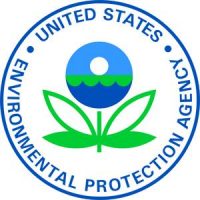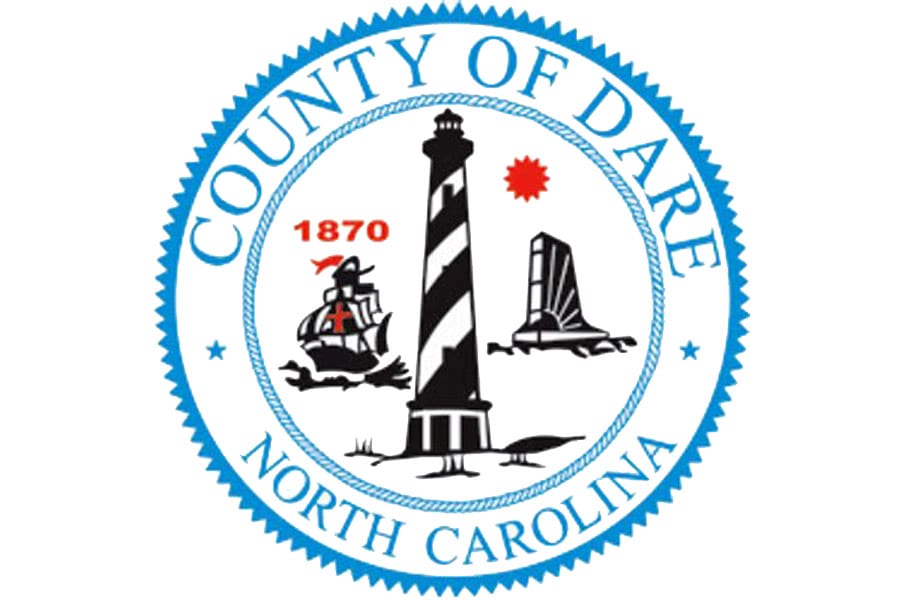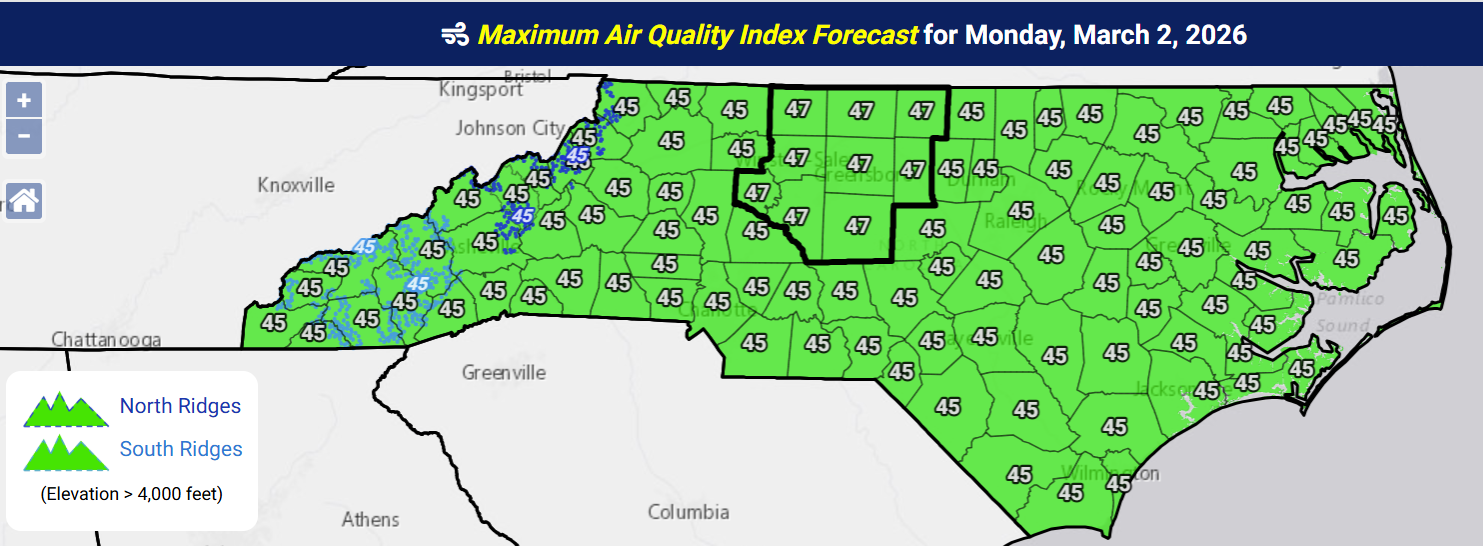
More than $3 million in grants is now available for locally-based environmental education projects.
The Environmental Protection Agency will award funds ranging between $50,000 and $100,000 from the 2023 Environmental Education Local Grant Program. A total of 30 to 40 grants will be awarded nationwide, according to an EPA release.
Supporter Spotlight
Up to $3.6 million will be dispensed to applicants with projects “that reflect the intersection of environmental issues with climate change adaptation and mitigation strategies, preventing future water quality and human health issues, in addition to other environmental topics,” according to the release.
Grants will be issued in each of the EPA’s 10 regions. Applicants must apply to the region in which their proposed project would be located.
The grant program aims to support projects that design, demonstrate, and/or disseminate environmental education in a way that increases an understanding of the local environment and encourage people living within that community to do their part in supporting the environment.
“It is more important now than ever that we understand the environmental changes happening around us,” EPA Administrator Michael S. Regan said in a statement. “Investing in environmental education is investing in America’s future, and these grants will ensure that communities have access to quality tools to get involved – and stay involved – at a local level.”
Grant funding is targeted to underserved communities, including high-poverty areas, persistent impoverished counties, disadvantaged communities as identified by the Council on Environmental Quality’s Climate and Economic Justice Screening Tool, and Title I schools.
Supporter Spotlight
The EPA has for more than 20 years distributed between $2-$3.5 million in grant funding through this program. More than 3,900 grants have been awarded.
For more information about the federal grant process, visit EPA Grants Community Library of Frequently Asked Questions (FAQ) and the EE grant FAQ webpages. Background information on the grant program and applicant resources may be found on EPA’s EE Grant Homepage.
The Office of Environmental Education is hosting a minimum of one webinar during the solicitation period that will explain to participants how to write a competitive application as well answer commonly asked questions.
Webinar registration details when available may be found on the EPA website. Anyone interested may subscribe to the EE Grants Listserv to receive the latest news on the program. Applications are due Nov. 8.







